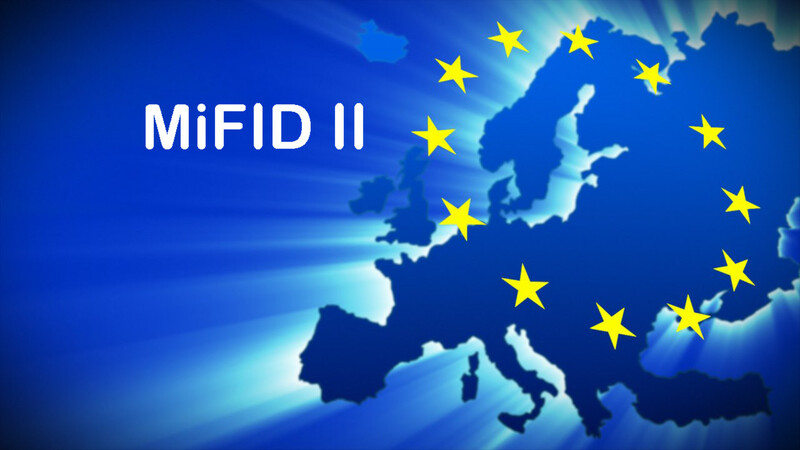MiFID II


MiFID II: What is it and why should you care?
Why you should care is quite simple; MiFID II was enforced by law on Jan 2018 to all member states of the European Union.
What is it? This is a bit less simple. MIFID stands for Markets in Financial Instruments Directive (II) and in short it is a single regulatory codex created by the European Union to control its financial markets and third country access to its investors.
It affects a wide range of industries and companies but it will be particularly essential for firms that provide services to clients linked to “financial instruments” i.e. shares, bonds, derivatives etc...
It was thought up by the G20 Pittsburgh trading committee as a response to the 2007 Credit Crunch. Its main enforcer is the European Banking Authority (EBA).
According to Richard Bentley, CPO at Ullink financial services, MiFID II comes also with its own baggage of I.T. implementation. For the most part, Project Managers and Business Analysts will have to focus on Data i.e. when it needs to be reported, how and from what systems.
Another big impact is that of DMAs (Direct Market Access) – the software that connects internal trading systems to the venues. MiFID II will require changes to the electronic messages sent and received by participants including:
· Updates to timestamp granularity to support microseconds
· New message fields computed by the order management system (OMS)
· And complete new workflows for new market models
Why should UK firms adopt MiFID II regulations post Brexit?
A simplified answer addressing this has been given by the FCA (Financial Conduct Authority): “[UK companies] are obligated to abide by UK law, including those derived by EU law and continue with implementation plans for legislation that is still to come into effect.”
Although many lawmakers and authorities are looking to selectively “pick and choose” which aspects of MiFID II they wish to implement, this is not possible until 2019. Until then they will have to accept all aspects including:
1. “Volume caps on dark pool trading, the ban on broker crossing networks, and the transparency regime for illiquid fixed income securities.” – K&K Global Consulting
2. Organised trading of financial instruments
Trade transparency of financial instruments is one of the most, if not the most, important changes brought by MiFID II. It entails making all Over the counter markets (OTC) trade public on a post trade basis.
3. Investor Protection
This is a direct response to the 2007 financial crisis; Investors will be given much more information regarding the costs of investment, potential risks and potential ROI.
4. Market transparency
Investment firms will have to start creating market making strategies using an algorithmic trading technique. All member states are obligated to place written agreements on regulated markets with all investment firms pursuing a market making strategy on them.
According to buy-side consultancy K&KGC, the end of the UK’s relationship with Europe throws into question the longer-term arrangements of the UK with regard to MiFID II.
However, one view is that UK firms will require that some kind of MiFID II “equivalency” reforms be put in place in order to continue doing business in Europe.
info@skillfindergroup.com
Sources:
1. https://spotlight.bloomberg.com/story/58945f1b3d03853f0ff6d6fe
4. http://flextrade.com/MiFID-ii-brexit-pain-points-hurdles/

